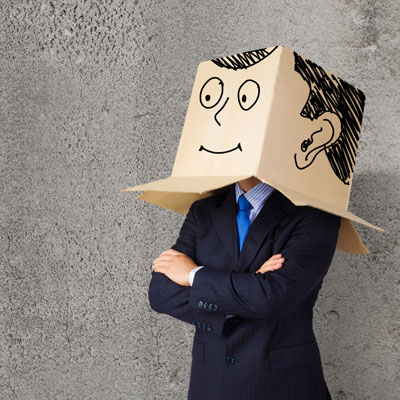Sound is a stimulus that feeds the brain. The longer we continue to mishear, the more strain on the brain—and the greater our risk of fading away. So how do we prevent it?
Never let me fade
One of the saddest things in life is to see someone who has faded away. They are no longer who they once were because they have allowed their hearing to simply fade away, reducing their brain's 24/7 connection to the outside world, to other people, and to the opportunities of life.
As a result they have less mental and social stimulation, and less opportunities to be themselves: less times when they can bring their life's worth of experience, personality and potential to any given moment, or interaction, or situation.
Putting up a front
To begin with a fader may put on a front. They'll smile and nod in (what they guess is) the right place, and often give others the impression that everything is as it should be. But those who know them best will have noticed that, whilst they look like themselves, they're less engaged, less confident. They're slightly more distant, slightly less responsive, slightly less "tuned in". Some may even mistake it for dementia.
They may have begun to shrink away from situations they find more challenging, which only serves further reduces their connection to what's happening. It's a slippery slope; a vicious circle.
The Slippery Slope
As they continue to fade, they become less involved and increasingly reliant on others, who remain better connected than themselves. Sometimes they will go from being the leader within a relationship to being completely dependent, needing to be told what to do because they are less aware of what's going on themselves.
If they are lucky, they will reach a breaking point early enough to seek the professional advice of a hearing healthcare professional. If they are unlucky, they will be pigeonholed as someone society sees as irrelevant, and they will consequently begin to see themselves the same way.
We have seen it happen too many times, to too many people. People find themselves on the slippery slope and then don't know how to get off it.
Rewriting our destiny
Changes in hearing are inevitable — it's part of being human. But fading away is optional.
When we see hearing as our connection, we see that it's all about keeping that connection strong and constant—throughout life. It's about keeping our hearing prepared, empowered and protected. Because the best best way to avoid fading away is not to get onto the slippery slope in the first place.
